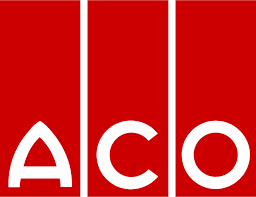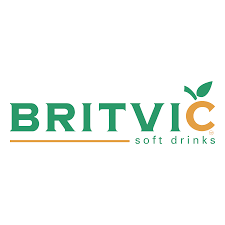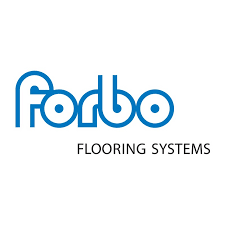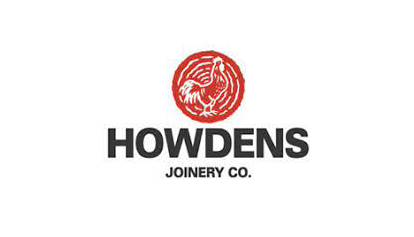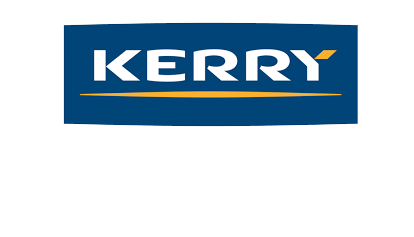
- Dates: As required
- Location: 1 day on site
- Cost: up to 10 delegates £1500
- Details
- Parent Category: Courses
- Category: Embracing Digital Technology
Discover the Power of Digitisation and Smart Technology in Manufacturing.
The gains are not just down to the tech; the true value of Smart Technology comes from how it changes the dynamics of day to day operation, enhancing connectivity between people, plant and processes to transform manufacturing for the better.
Adapting to Smart Technology developments is a continuous path, one that award-winning organisations tread to achieve operational excellence.
This is a journey of discovery where real-time data unveils lost effectiveness, deciphers cause and effect, and validates countermeasures within the daily workflow.
To thrive and grow in this environment involves learning how to use the new ecosystem to identify opportunities to remove waste and release the full potential of the operation. Which is why TPM and Lean continuous improvement frameworks are a key part of the recipe for the successful selection and adoption of Smart Technology.
Lean TPM small group activity engages all levels of the organisation to deliver:
- Asset care standards that reduce unplanned downtime.
- Best practices that reduce recurring problems.
- Task transfer to release time for higher added value activities.
- Systems and practices that add customer value and support business growth.
In organisations that do this well, the outcome is the creation of an internal improvement network where improvement teams, leaders and support personnel collaborate to develop and share best practices that stabilise and ratchet up performance.
This training workshop explains how Lean TPM and Digitisation:
- Work hand in hand, changing leadership dynamics and frontline operations.
- Enhance your team's capability to make better use of data and deliver the gains from a digital ecosystem.
Deliverables
This one day on site training workshop provides a "how to guide" for the movers and shakers of your existing or potential internal improvement network to work together to:
- Identify the potential gains from Making TPM Lean and Digital.
- Assess strengths and weaknesses against the practices of award winning and respected organisations.
- Agree priorities for improvement and next steps to deliver those gains.
- Develop a 90 day action plan to kick start the programme.

